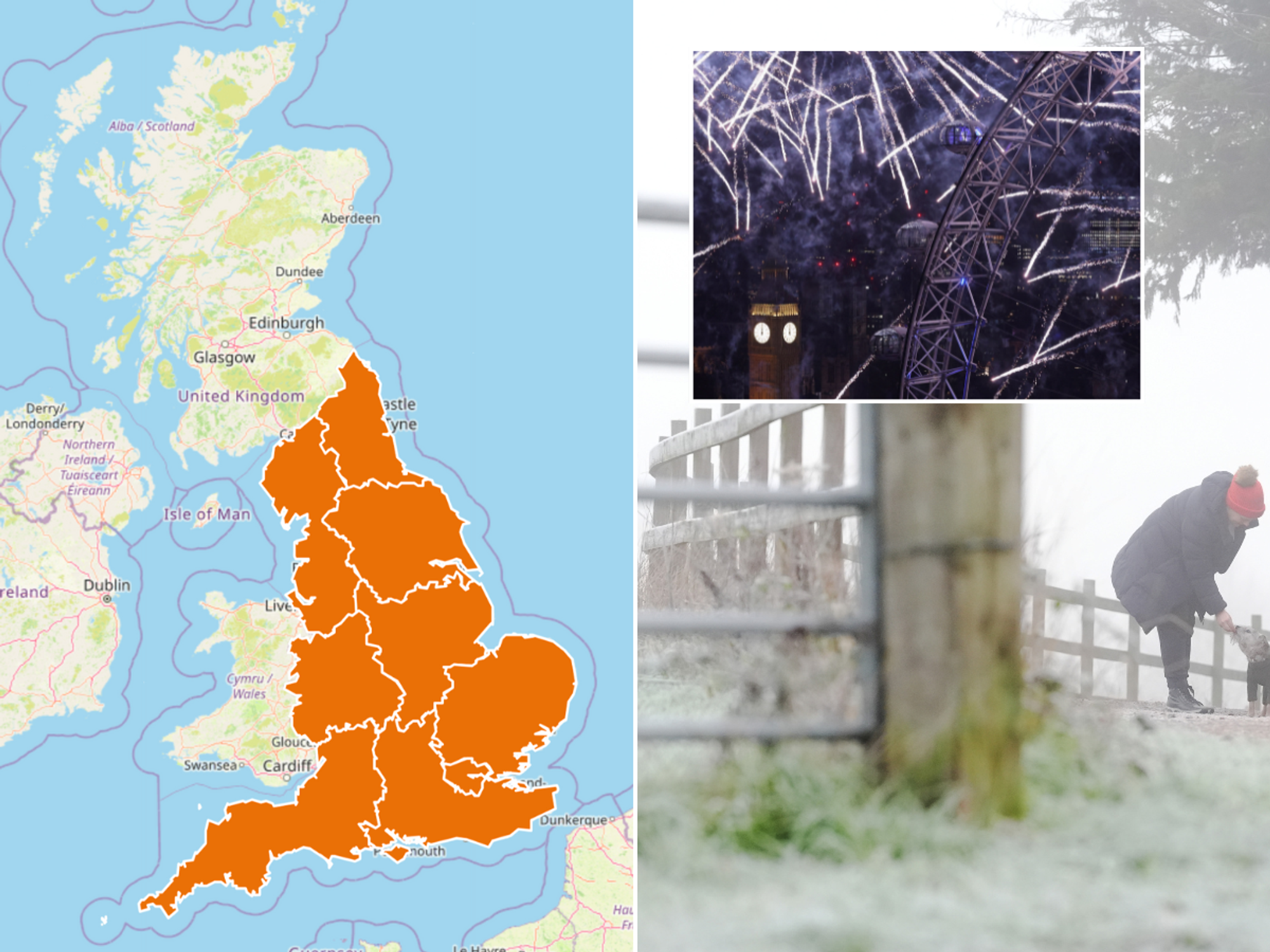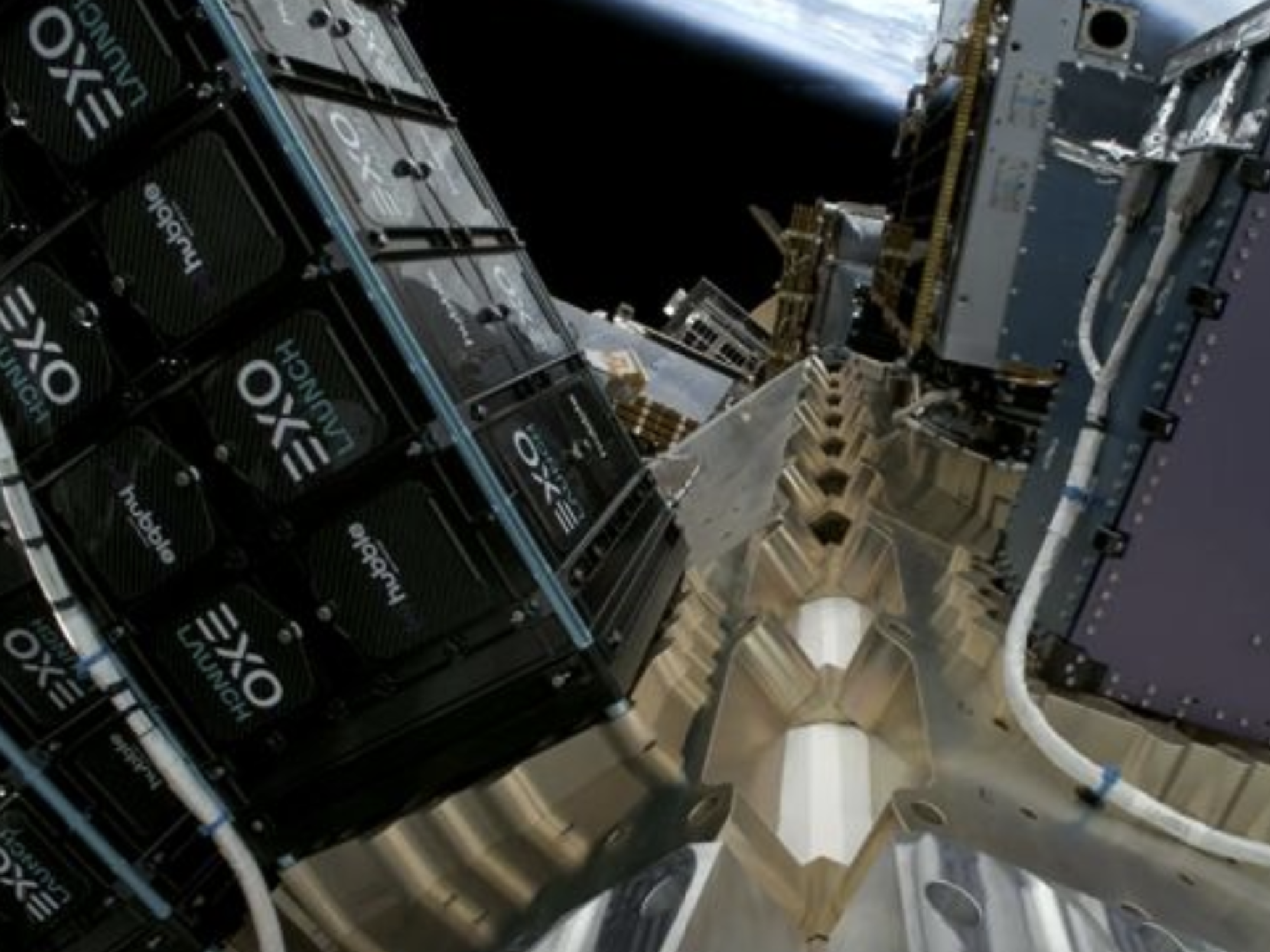Major UK city could ban vehicles from popular roads which will 'impact almost everyone'
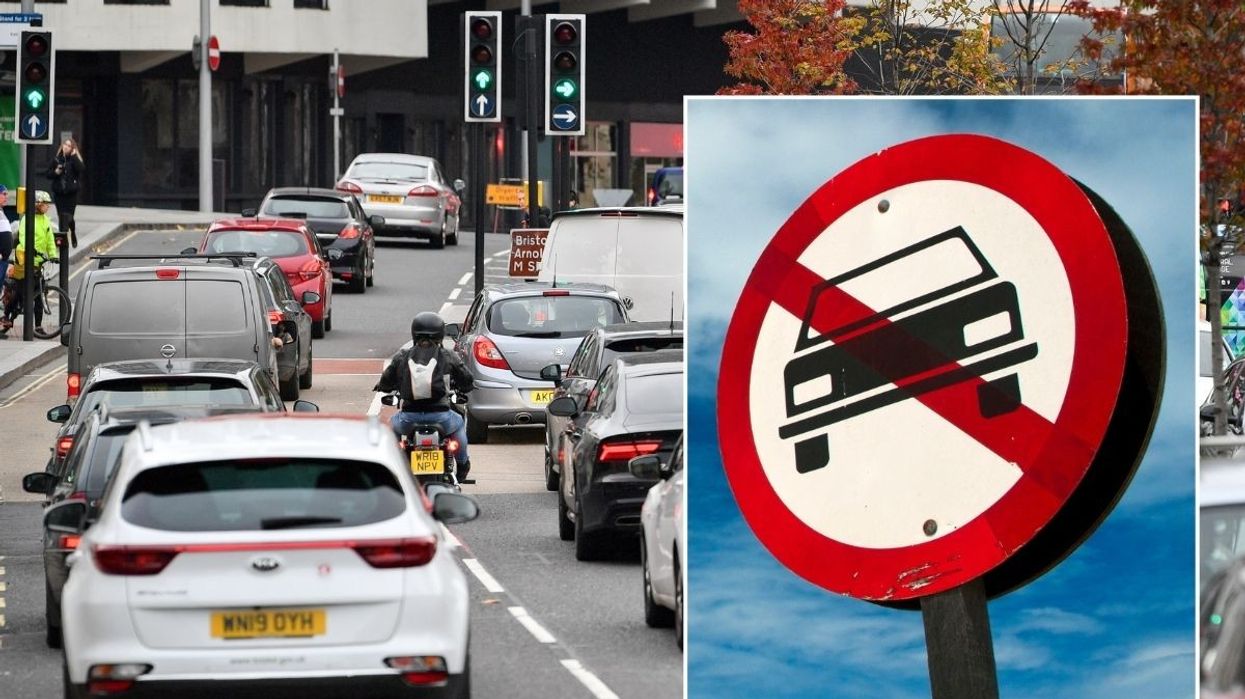
Bristol City Council could ban cars from a number of streets
|PA/GETTY

Many critical roads in the city centre could be pedestrianised if measures are supported by locals
Don't Miss
Most Read
Latest
One of the largest cities in the UK could soon close its roads to cars in an attempt to make the area more environmentally friendly and suitable for pedestrians.
Bristol City Council recently launched a public consultation to make changes to the city centre to accommodate 5,000 new people living in and around Broadmead.
The council said changes included in the consultation would improve walking, wheeling and cycling routes, as well as benefitting existing bus routes.
A long-term aim of the council has been to "create a segregated rapid transit route from the southwest to the northeast of the city".
Do you have a story you'd like to share? Get in touch by emailing motoring@gbnews.uk
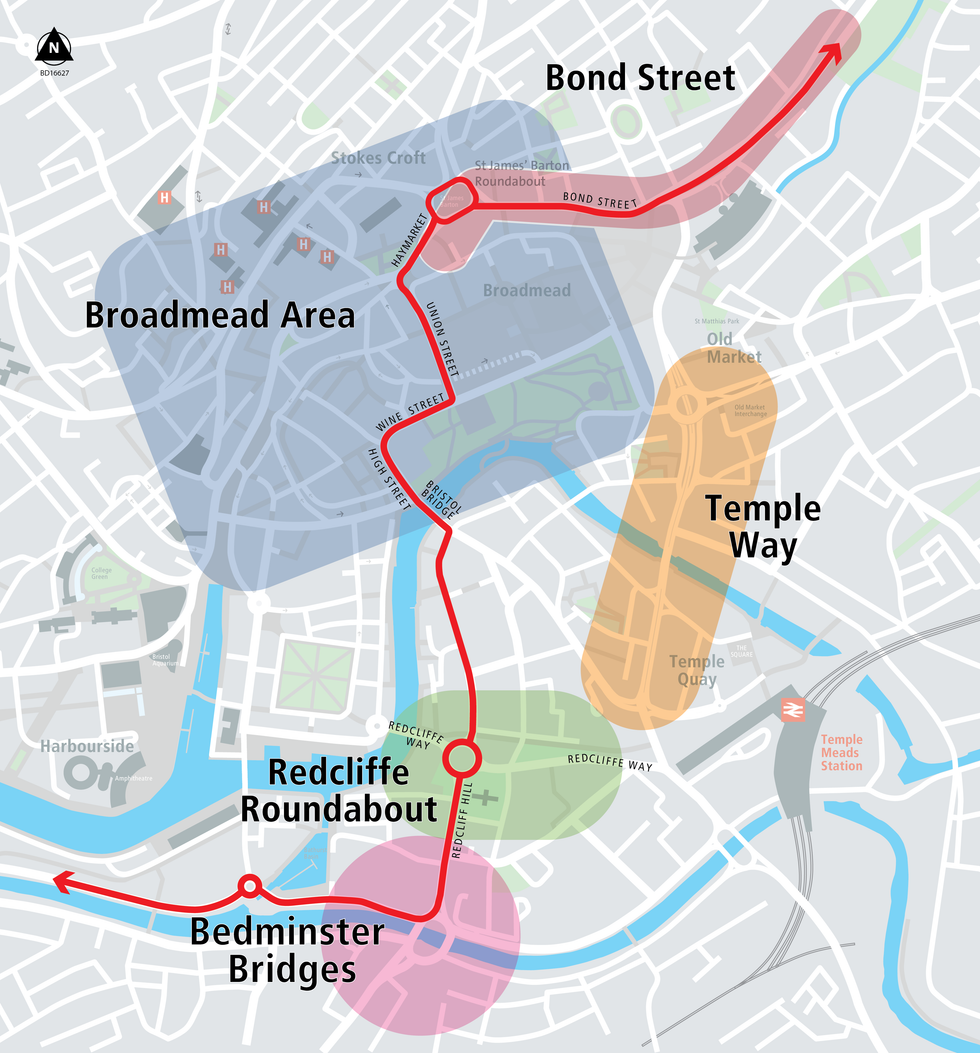
The proposed changes in Bristol city centre
|BRISTOL CITY CENTRE
As part of this, a number of roads would be pedestrianised. This would involve removing most of the traffic from Union Street, while only allowing access to The Horsefair and Penn Street for emergency vehicles and business deliveries at set times.
The council would then fill the empty spaces with more landscaping options, and seating as well as making room for pieces of artwork.
All five areas included in the consultation will see pedestrianised streets, reduced traffic, changing road layouts, wider pavements and upgraded road crossings.
The busy Bedminster Bridge roundabout would also become two separate bridges, with the western road reserved for buses and the eastern bridge for general traffic.
Councillor Ed Plowden, chair of the transport and policy committee and Green representative for Windmill Hill, said: “These plans are transformative and will impact almost everyone who travels to, or through, Bristol city centre.
“By investing to make bus travel quicker and more reliable, and active travel safer and easier, we can help decarbonise our transport network which would have so many benefits, not least helping people to travel more actively while cutting congestion and pollution on our roads," he told the BBC.
Proposals unveiled in July called for most vehicles, including taxis and buses, to be banned from The Horsefair, while cars and taxis would also be banned from Union Street.
Adam Crowther, head of transport at Bristol City Council, said: "If I take a scheme forward that nobody’s complaining about, I probably haven’t done my job properly."
The consultation was first launched on August 12 and is set to end on September 30. The council hopes responses from local residents will help shape the future of travel in the city.
Bristol was one of the first major cities across the UK to introduce a Clean Air Zone to slash emissions levels and lower the number of polluting vehicles in the area.
Speaking at the time, former Mayor Marvin Rees, said residents in Bristol said there was a "moral, environmental and legal" responsibility to make the air cleaner in the city.
In January 2024, the city council reported that air across Bristol was 10 per cent cleaner, on average, following the first year of the Clean Air Zone.
LATEST DEVELOPMENTS:
- Electric car rollout 'could stall' without urgent changes as drivers face 'safety risks and delayed repairs'
- Petrol and diesel drivers urged to 'avoid supermarket fuel at all costs' as major warning issued
- Sadiq Khan to close Ulez scrappage scheme within weeks as drivers scramble to ditch polluting cars
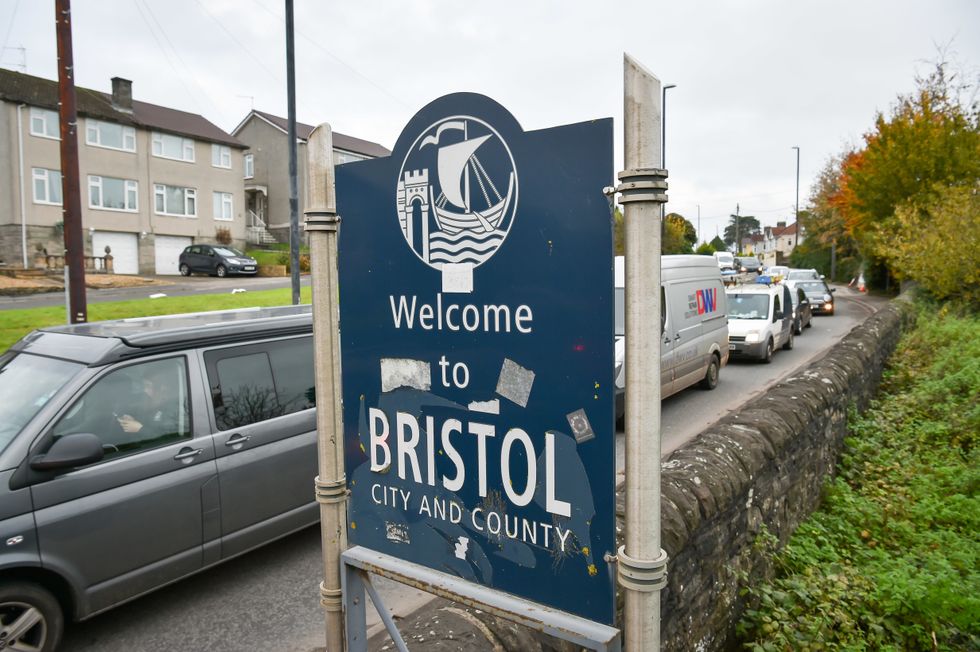
Bristol's Clean Air Zone launched in November 2022
|PA
Around 88 per cent of journeys into the zone are now made in compliant vehicles, with nitrogen dioxide rates down 20 per cent outside the Bristol Royal Infirmary and Children’s Hospital.
Non-compliant private petrol and diesel cars, taxis and LGVs are charged £9 per day, while HGVs, buses and coaches are charged £100 to drive inside the CAZ charging area.





